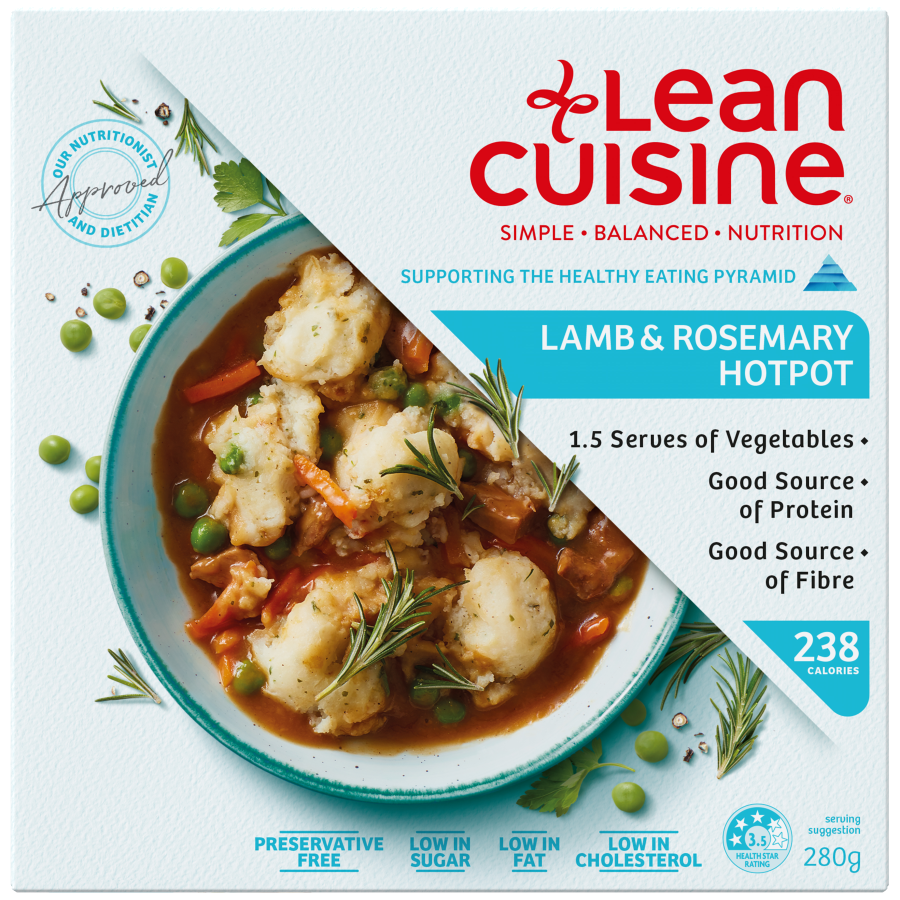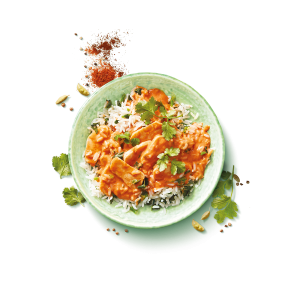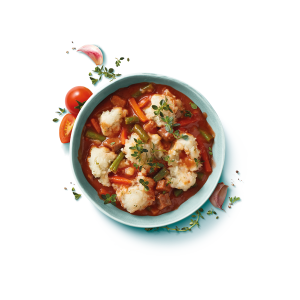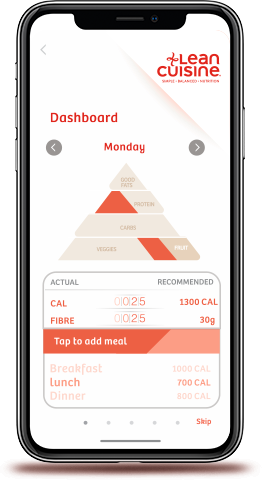A drop in temperatures means that colds and flu are in the air and bumping up our intake of nutrient rich foods to help support immune function is a good idea. Eating to support immunity is not about mega dosing the Vitamin C or drinking nothing but fresh juice. Rather, optimising the body’s ability to fight infections is about developing strong daily nutrition habits that tick the box on the key foods and nutrient intricately involved in immune function. So, if you are keen to take on Winter this year whilst remaining as healthy as possible, here are the easy diet steps to take.
1) Get your key vitamins
When it comes to vitamins, and vitamins C, A and E in particular which play key roles in immune function, you cannot go wrong if you focus on getting multiple serves of brightly coloured fresh fruits and veggies every single day. Generally speaking, the brighter the colour of the fruit or veggie, the higher its vitamin content – think richly coloured beetroot, capsicum, eggplant, kale, spinach, oranges, berries, carrots and sweet potato. Including at least 1-2 veggie serves at each meal is a good starting point, as is factoring in at least one veggie snack each day and looking for quick and easy meal options like the Lean Cuisine range which offers 2 Vegetable serves per meal.
2) Tick the box on iron and zinc
While we often think of foods rich in vitamins to help ward off bugs, two of the key nutrients that directly support immune function, iron and zinc are notoriously low in the diets of many Australians. It may also be useful to know that meat eaters need to consume red meat at least 2-3 times each week to ensure the body has access to harm sources of iron that are well absorbed. Zinc too is important and can be found in meat, shellfish, nuts and seeds. For meat eaters, including quick meals such as Lean Cuisine Lamb Rosemary Hot Pot or Beef in Red Wine and Garlic Sauce will help to reach your daily targets for these important nutrients.
3) Nourish your gut
Another step we can take to optimise immunity is to support out gut health, as we come to understand the many ways in which the health of the digestive system impacts immune function. Specifically including a variety of plant-based foods in the diet each week, as well as foods that offer probiotics and prebiotics are easy ways to nourish the digestive tract. Probiotics are known as the ‘good bacteria’ in the gut and can be found in fermented foods like Kefir, yoghurts and fermented vegetables, while prebiotics found in wholegrains, some veggies and un-ripened bananas helps to feed the good bacteria in the gut.
4) Keep well hydrated
Dehydration is surprisingly common in Australian adults, and dehydration will exacerbate symptoms such as congestion and a runny nose. As such maintaining a high intake of fluids is one of the easiest ways patients can support immune function via low calorie options including 100% veggie juices, herbal or infused teas or plain water. Adults will need at least 1.5L to 2L of fluids each day, even when it is cold outside and you may not feel overly thirsty.
5) Add in some soup
While soup has been associated with immune function for many years, specifically it is soup made using bone broth that has been shown to have immune related benefits. Specifically, bone-based broth contains carnosine, a molecule that has been shown to help the body’s immune system to fight the early stages of flu by inhibiting the migration of infected cells around the body. Getting back to basics and making your own stock from leftover bones, and then using them to make a weekly batch of veggie rich soup is one of the most nutrient rich meals to enjoy regularly throughout Winter.





